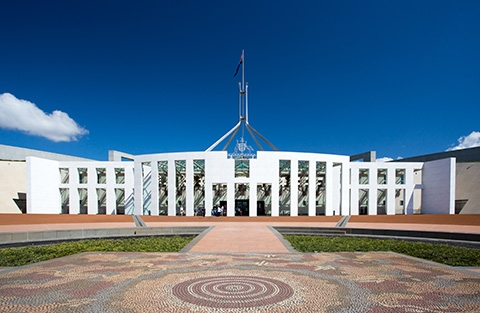How The Election Results May Impact Your Finances

The Australian Labor Party (ALP) has won the federal election and Anthony Albanese will be Australia’s 31st Prime Minister.
Albanese has said he will accelerate action on climate change, create a federal integrity commission, support higher wages, make childcare cheaper, close the gender pay gap, and support more local manufacturing.
So, what changes can we expect under a Labor government when it comes to your personal finances? We take a look.
Housing Equity Scheme
While the great Australian dream is to own your own home, the dream is proving to be a challenge for many first home buyers due to rising house prices.
Data shows that during the pandemic (April 2020 to February 2022), home prices increased by 25 per cent. Furthermore, the Reserve Bank recently lifted the cash rate for the first time in 11 years, making mortgages more expensive. This means first home buyers may need to borrow less from lenders, making it even tougher to crack the property market.
The Labor party has promised to develop a housing equity scheme worth $392m over 4 years. This scheme will provide an equity contribution of up to 40% of the purchase price of a new home, and up to 30% for an existing home. You may be eligible if you meet the following criteria:
- Earn less than $90,000 as a single or $120,000 as a couple
- Have a 2% deposit
- Eligible for a standard home loan*
- Initially limited to 10,000 households per year
*With a participating lender to finance the remainder of their purchase
For buyers who meet the above criteria, breaking into the property market will be much easier. This is as they will have to save less of their income towards a deposit, ensuring that they can purchase a property faster and cheaper.
Pharmaceutical Benefits Scheme (PBS) updates
Labor has also announced a plan to cut the cost of medication for individuals on the PBS scheme by $12.50 per medicine, so that no medicine will cost more than $30. The PBS is a program that subsidises certain medications to make them cheaper for Australians to buy. What goes on the PBS is decided by an independent body.
When trying to cut down on expenses, it can be a challenge to reduce spending on essentials such as rent, groceries and medication. This scheme will allow beneficiaries to spend less on medication, potentially freeing up extra income.
Child Care Subsidy
With child-care costs a major financial strain for many families with young children, pre-election both parties made promises to improve the Child Care Subsidy (CCS).
The ALP’s ‘Plan for Cheaper Childcare’ includes a promise to significantly increase the household taxable income eligibility cap to $530,000, and an increase of the maximum CCS subsidy percentage available to 90 per cent for families for the first child in care.
Minimum wage
Millions of Australians could be in for a pay rise under Anthony Albanese’s government.
Anthony Albanese has said his government will make a submission to the Fair Work Commission to lift the minimum wage, which is currently $20.33 an hour, by 5.1 per cent to keep up with inflation and prevent Australians from “moving backwards”.
Closing the gender pay gap
Labor will lead a national push to increase women’s pay and close the national gender pay gap, which is currently at 13.8 per cent.
Labor plans to strengthen the ability and capacity of the Fair Work Commission to order pay increases for workers in low paid, female dominated industries, and will introduce legislation so companies with more than 250 employees have to report their gender pay gap publicly and give employees the right to disclose their pay if they want to. Labor also intends to close the gender pay gap in the public service.
Don’t wait on political outcomes to take money matters into your own hands! Take charge of your all-important credit score.
Knowing your credit score is an important part of staying on top of your finances. Make it a habit to monitor your credit score for FREE regularly by clicking here.
Disclaimer: The information contained in this article is general in nature and does not take into account your personal objectives, financial situation or needs. Therefore, you should consider whether the information is appropriate to your circumstance before acting on it, and where appropriate, seek professional advice from a finance professional such as an adviser.
